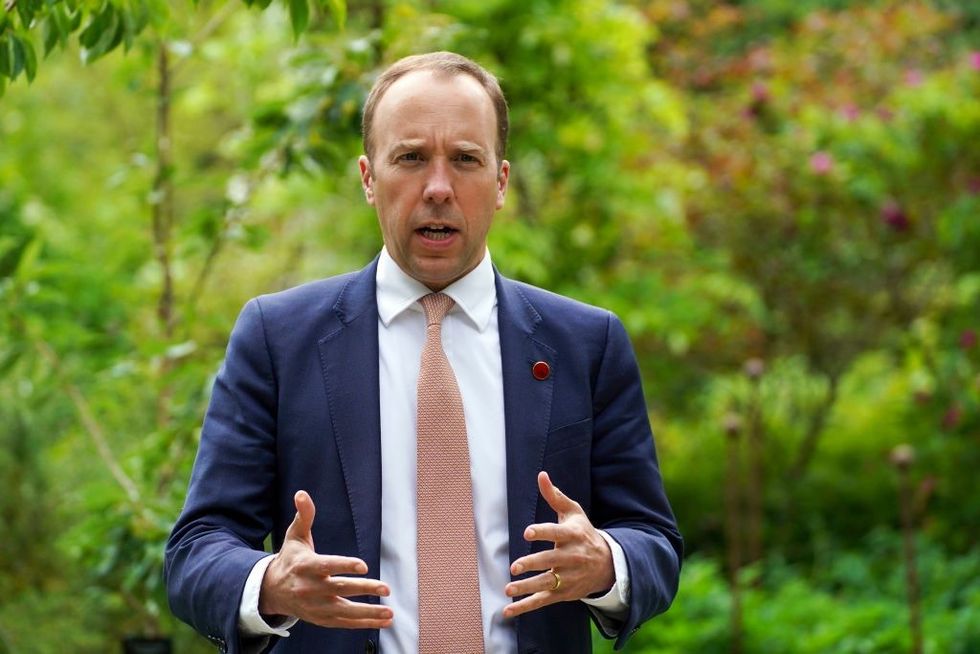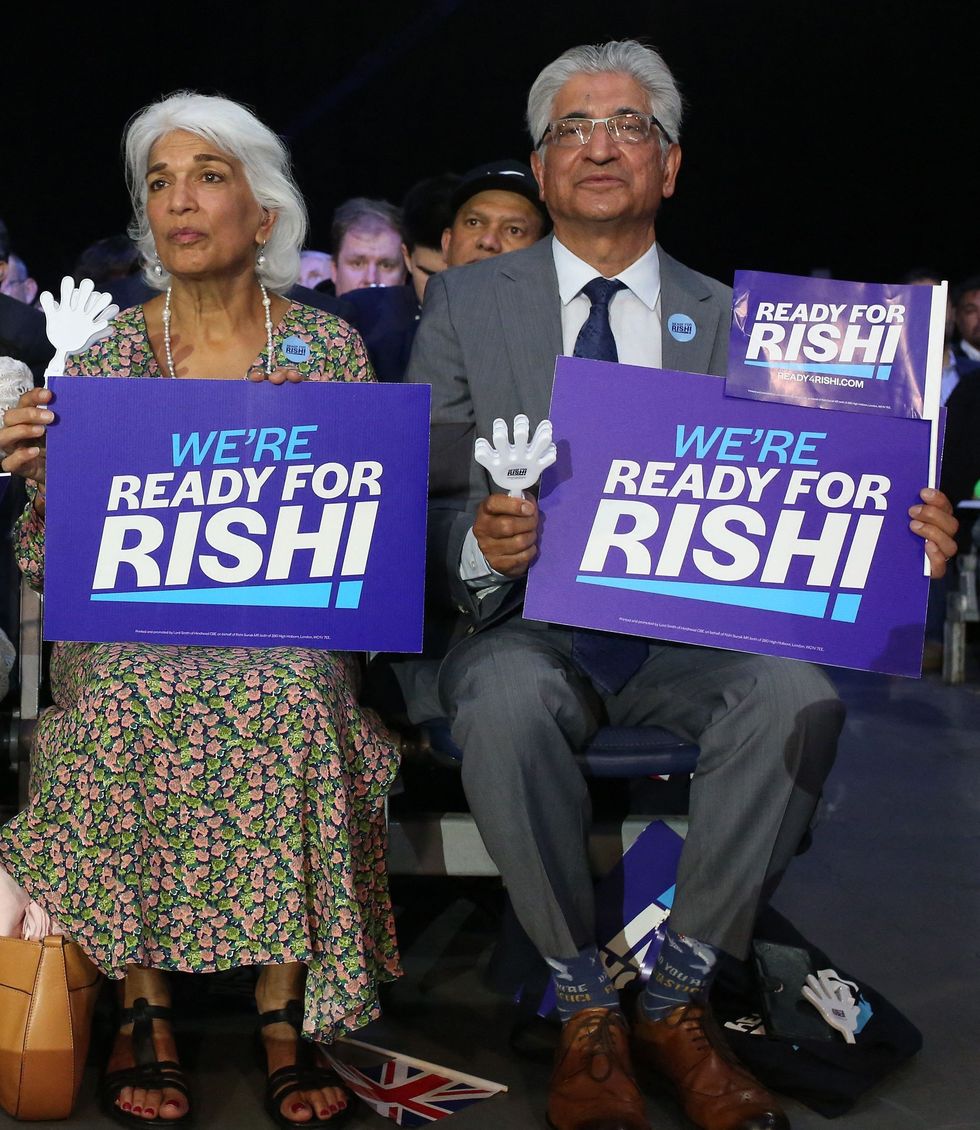THE UK government has reached out to women to know their experiences of the health and care system via a call for evidence which aims at bettering healthcare for women across England. The announcement was made to coincide with the International Women’s Day (March 8) this year to commemorate the occasion and the evidence call is expected to form the foundation of the Women’s Health Strategy to improve their health and well-being.
The deadline for the call for evidence is June 13 and the government has urged women from under-represented groups to come forward and make a positive contribution. Already, 1,00,000 women, organisations, clinicians and carers have responded to the program but the government wants to know the story of women from Asian and ethnic minority backgrounds – those who live in the Midlands and East of England and are in their late teens and also above 50.
'Committed to meeting women's health & well-being needs'
Secretary of State for Health and Social Care Matt Hancock said: “I am committed to making sure women’s health and wellbeing needs are being met - and we need your help to do this. 100,000 responses is incredible and I am grateful for everyone who has taken the time to share their thoughts with us. Women’s experiences are diverse and it’s crucial we make sure this strategy is representative of all the challenges they face and that we are meeting all of their needs.”
Hancock, who in March emphasised on the need to address inequalities that exist in the healthcare system, said: “This is the final push - there are only a few days left so I urge you to keep spreading this message and keep responding to our call for evidence.”
Minister for Women’s Health Nadine Dorries said: “We’ve already had a phenomenal response to our call for evidence and I want to thank everyone who has shared their invaluable and insightful experiences. We are opening up conversations and breaking down taboos to make sure the healthcare system is meeting women’s needs.”
She then added that the response was still low from some women groups. “There’s only a few days left - I urge every woman to respond to the call for evidence if they haven’t done so already, and I encourage them to tell their friends and family - it’s crucial this strategy works for all women and recognises their variety of experiences,” she said, adding: “Let’s finally make our voices heard. Let’s talk about women’s health.”
The other aim of the strategy
Besides addressing women-specific health issues, the strategy also aims to look at the different ways in which women experience health issues that affect both genders. Women who have medical conditions like diabetes, heart ailment, osteoarthritis are also being urged to share how their condition has affected them.
The call for evidence is user-friendly, quick to fill in and easily accessible from mobiles. People who live with and care for women, organisations having experience of providing services for women and those with skills in women’s health have also been encouraged to share their views.
In the UK, female life expectancy is higher than men but yet there are findings that are concerning when it comes to women’s health. Women on an average spend less time in good health compared to men. Female life expectancy in the UK has been improving but slower than those of men since the 1980s. Moreover, less is known about conditions that only affect women, including common gynaecological conditions that can have severe impacts on health and well-being but for which little treatment is available currently.






 Sudha Murty and her husband Narayana Murthy with their daughter Akshata, son Rohan and her sister Dr Sunanda Kulkarni
Sudha Murty and her husband Narayana Murthy with their daughter Akshata, son Rohan and her sister Dr Sunanda Kulkarni Rishi Sunak’s parents Usha and Yashvir Sunak
Rishi Sunak’s parents Usha and Yashvir Sunak











 A street vendor looks at his smartphone on April 27, 2024 in Bengaluru, India. (Photo by Valeria Mongelli/Getty Images)
A street vendor looks at his smartphone on April 27, 2024 in Bengaluru, India. (Photo by Valeria Mongelli/Getty Images)

